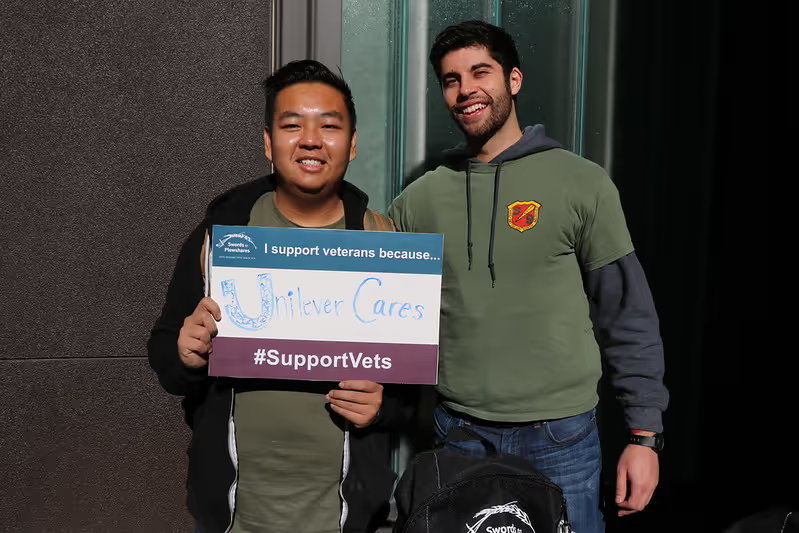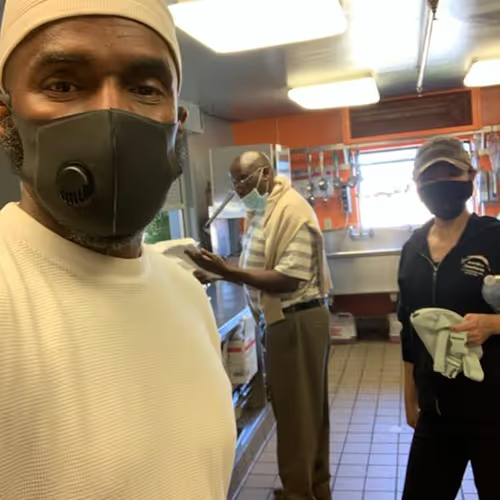Learning about veteran culture is an essential first step in effective services. Learning about care approach is the second essential step, and will retain veterans in your services and ensure all of their needs are addressed. Providing a welcoming space, starting the right conversation, and applying active listening and de-escalation techniques is key to showing veterans you truly support them.
SOURCES:
Defense Manpower Data Center. “2017 Department of Defense Workplace and Equal Opportunity Survey of Active-Duty Members.” Defense Manpower Data Center, 2017. https://dwp.dmdc.osd.mil/dwp/api/download?fileName=WEOA1701_ExecReport.pdf&groupName=pubOpSurADComp.
Joseph, David. Working with Clients and Developing Relevant Evidence. Practising Law Institute Online Seminar. July 2017.
Libin, Alexander V et. al. Perspectives of Veterans with Mild Traumatic Brain Injury on Community Reintegration: Making Sense of Unplanned Separation from Service. American Journal of Orthopsychiatry. Vol.87(2). pp.129-138. 2017.
Murdoch, Maureen et al. Racial Disparities in VA Service Connection for Posttraumatic Stress Disorder Medical Care, Vol. 41, No. 4 (Apr., 2003), pp. 536-549. http://www.jstor.org/stable/3767765.
Zottarelli, Megan. Traumatic Brain Injury Among Veterans: A Toolkit For Behavioral Health and Social Service Providers. Swords to Plowshares, 2017. Accessed: https://cdn.prod.website-files.com/5ddda3d7ad8b1151b5d16cff/5e67d5941e7a465ed7542abd_Traumatic-Brain-Injury-Toolkit-October-2017.pdf.










